It’s the nature of hotel sales organizations that much discussion and strategic planning is held around the subject of how to increase business levels. This effort is essential; how to find new sources of business, how to grow existing accounts, these are things that are crucial to the increased revenue performance and profitability of your assets. While you may have a reasonably high degree of confidence that this is already taking place, do you have the same level of trust that your sales organization is equally focused on stealing business?
Backing up for just a moment, what exactly do we mean by “stealing business?” It’s actually just what it sounds like. Your hotel teams have a variety of tools available to them to help them to identify business that already exists in their marketplaces. This is easier to do with Group/Meetings business, but can also be accomplished with Transient/Individual segments of their mix. While we will save the specifics of what these tools are for another conversation, suffice it to say that the vast majority of hotels gather this information, usually paying for it, for the purpose of trying to steal that business for the future.
So what’s the issue? The issue, or opportunity rather, is that hotel sales teams are inherently very busy, often times doing what they’ve always done in their quest for business. As a result, the notion of doing the research necessary to find out which customer met at which competing hotel, then actively soliciting that customer for their future business, regularly falls by the wayside. Even with the most seasoned sales leadership in your properties, the focus on aggressively using readily-available information on which customer is meeting in your competition’s hotels is seldom a priority.
The reasons for this are numerous, but they usually come back to the same fundamental problem; experienced salespeople want to talk to bona fide customers with tangible pieces of business on the table. Those same experienced salespeople are often less interested in doing the research required to find out, for example, which meeting planner at IBM booked that meeting at the hotel across the street last week. Crazy ? Perhaps. Reality ? Absolutely.
The good news here (yes, there really is good news) is that most hotels behave exactly the same way when it comes to this issue. Therefore, when your hotel behaves differently, a significant business opportunity and competitive advantage comes to the surface. An example of how to behave differently to benefit your assets:
For the cost of a competent administrative assistant (perhaps even on a part-time basis), your hotel can hire a person dedicated to attacking those already-existing lists of Groups meeting at competing hotels. All of that tedious-yet-vital work needed to identify which XYZ Corporation meeting planner held their event next door can be accomplished for the cost of an hourly administrative associate. Once this process has been completed, that specific list with the contact information of meeting planners that have already put their business into your competition can be turned over to your experienced salespeople for direct solicitation. Everyone would agree that having experienced salespeople spending their time talking to established customers is preferable to having experienced salespeople spending their time researching who to contact at a lengthy list of corporate and other Group accounts. Thus, the “added cost” of that part-time or full-time administrative staff person can be easily justified because of its contribution to the increased quality selling time of your sales team. Ultimately, ROI will be the measurement, but in this case that ROI is easy to identify.
In Sales, it’s all about productivity. Hiring an extra person doesn’t guarantee better performance, but strategically establishing a method to more aggressively attack proven sources of business is such an obvious approach that too often is overlooked.
